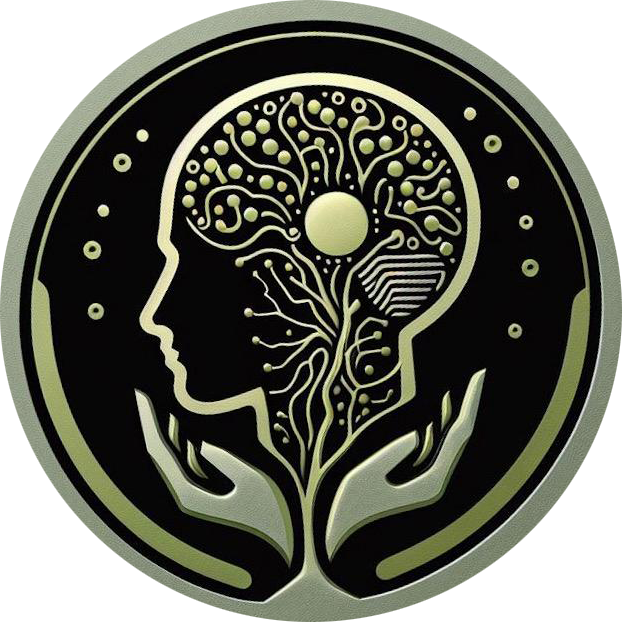The Benefits of Good Mental Health

Good mental health is essential for overall well-being, influencing how we think, feel, and behave. It shapes our relationships, work performance, and physical health, impacting every aspect of life. Maintaining mental health isn’t just about preventing or managing mental illness—it’s about enhancing resilience, emotional stability, and life satisfaction.
Emotional Well-Being
One of the most significant benefits of good mental health is emotional well-being. When we feel mentally balanced, we are more likely to experience positive emotions like joy, gratitude, and contentment. We’re also better equipped to handle negative emotions like stress, anger, or sadness. People with good mental health typically have higher self-esteem, a positive outlook on life, and the ability to cope with life’s challenges effectively.
Stronger Relationships
Mental health profoundly impacts relationships. Good mental health allows individuals to communicate clearly, empathize with others, and manage conflict more effectively. Healthy mental well-being fosters deeper connections with friends, family, and colleagues, helping to reduce feelings of loneliness and isolation. Positive relationships, in turn, reinforce mental health, creating a cycle of support and happiness.
Improved Physical Health
The mind-body connection is well-documented: good mental health contributes to better physical health. Stress, anxiety, and depression can weaken the immune system, increase inflammation, and exacerbate chronic conditions like heart disease. In contrast, mental well-being helps regulate the body’s stress responses, reduces the risk of physical illnesses, and promotes better sleep and digestion. People with good mental health are more likely to engage in health-promoting behaviors, such as regular exercise, balanced eating, and adequate rest.
Increased Productivity
Good mental health enhances focus, motivation, and energy levels, leading to increased productivity at work or school. It improves decision-making, creativity, and problem-solving abilities, allowing individuals to perform at their best. Mental well-being also reduces absenteeism and burnout, as individuals with strong mental health are better able to manage stress and remain engaged in their tasks.
Resilience and Coping Skills
Resilience—the ability to bounce back from adversity—is a direct benefit of good mental health. When we have a stable mental state, we develop better coping mechanisms to navigate life’s difficulties, whether it’s a personal setback, work pressure, or health challenge. A positive mental health foundation equips us with the tools to manage stress, adapt to change, and maintain hope during tough times.
Enhanced Self-Awareness and Growth
Good mental health encourages self-reflection and personal growth. It allows individuals to recognize their emotions, strengths, and areas for improvement. Self-awareness promotes healthier choices, whether it’s in relationships, career paths, or overall lifestyle. People with strong mental health tend to be more open to learning, growth, and self-improvement, leading to greater life satisfaction and fulfillment.
Conclusion
Good mental health is foundational to living a fulfilling, balanced life. It impacts our emotional well-being, relationships, physical health, and productivity. Moreover, it equips us with resilience, coping skills, and self-awareness to navigate life’s challenges and seize opportunities for growth. By prioritizing mental health through self-care, stress management, and positive social connections, we can foster a more enriched and meaningful life.
